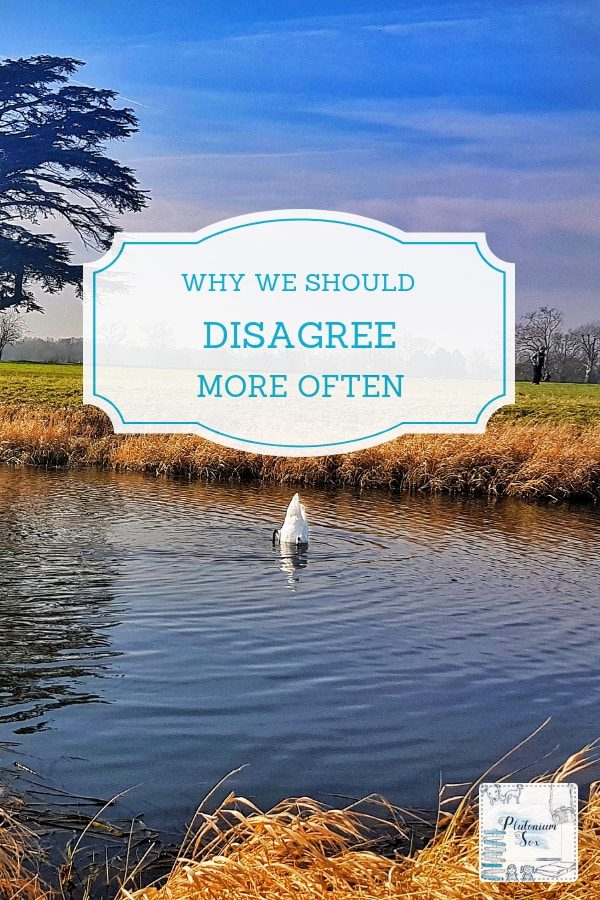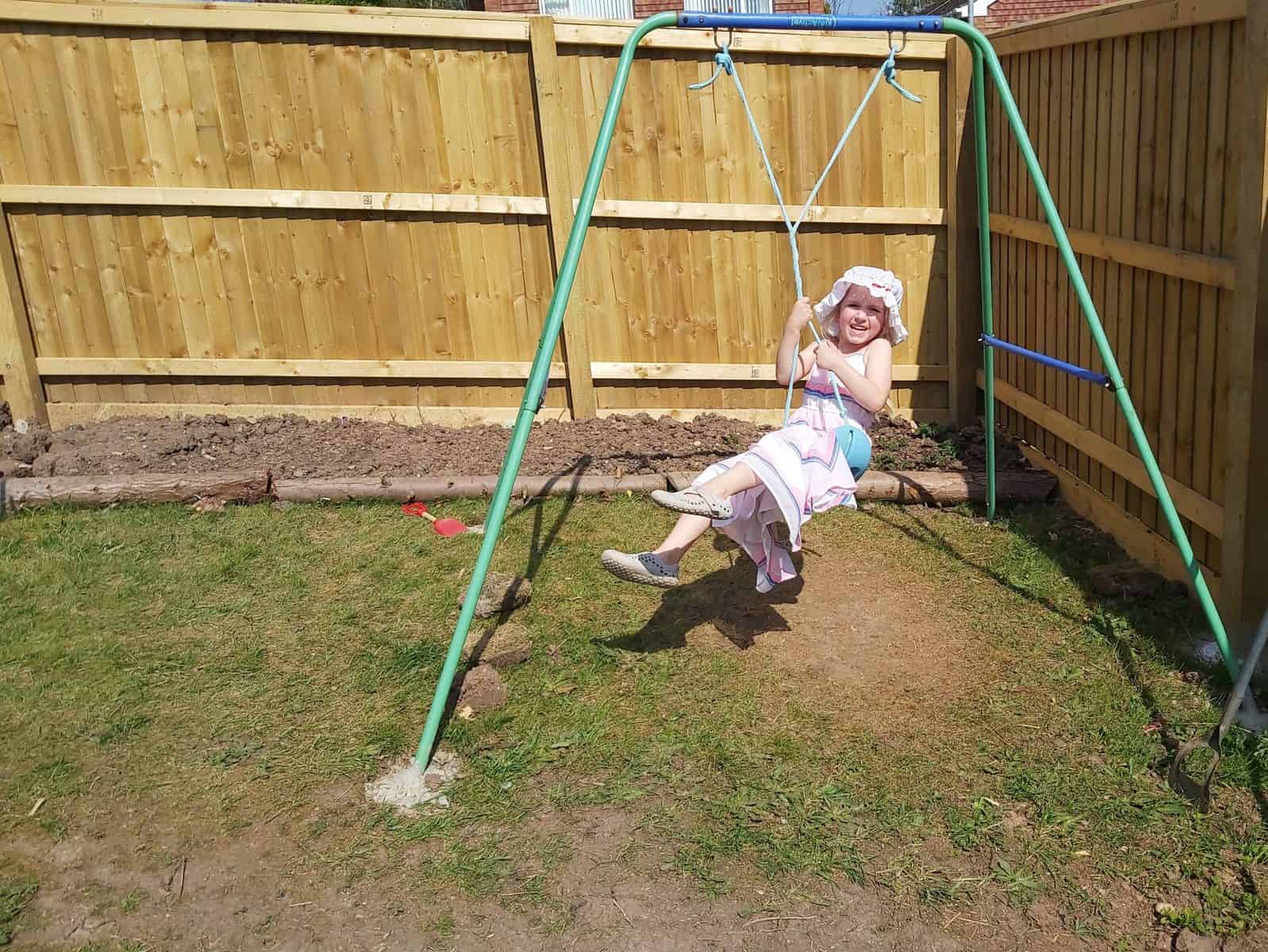I disagree
It is natural to surround ourselves with people like us. We work with people with a similar skillset, make friends with people who have similar interests and follow social media accounts that share our ethos. So, when was the last time you disagreed with someone? Not an argument, or disagreeing with a stranger, but voicing a differing opinion to a friend or family member. Or even expressing an alternative viewpoint at work. Is disagreeing really that uncommon?

Why is disagreeing frowned upon?
It goes without saying that we all have differing opinions. If we were all the same, society simply wouldn’t function. Whether it’s politics, law, science, religion, hunting, anthropology or simply what to have for dinner, we all have different views. Why then, do people get so upset when we disagree?
Perhaps it’s the assumption that people we are close to have similar views on life to us. Maybe we are overly sensitive to our own ideals being challenged. Nobody likes to be wrong, and many people really can’t take alternative views on board at all. However, I’m certain that part of the problem is our inability to listen. Most of us prefer to be heard rather than to hear. We spend most of any conversation thinking about what we will say next, rather than listening to what the other person is saying.
Why disagreement is good
Hearing a different viewpoint may not make you change your mind. But that doesn’t mean it’s not helpful. Think back to school days and class debates. I recall being divided into groups and given a topic and an opinion to defend. Whether you really agreed with that opinion or not, you would argue passionately that your point of view was correct. In doing so, you learnt to speak eloquently. To think outside the box and find reasons why that perspective was correct. To put your point of view across in arbitrary circumstances that didn’t really matter.
As adults though, we rarely do this. We avoid confrontation where possible, going along with the crowd. We even form new friendship groups rather than express a differing opinion from our regular companions. So, when we are forced into a situation where someone disagrees with us, we panic. There’s nothing worse than an unpleasant person reading you the riot act when you feel like you’re in the right. But in that moment, most of us will clam up. It’s not until afterwards that all the things we should have said spring to mind.
In fact according to the BBC, if we fail to disagree at work, we fail to work effectively. They point out that by seeking out people who share our opinions, we fail to test our point of view. Discussions with people with opposing outlooks allow us to see the flaws in our perspective and potentially iron out any issues by taking on board the opposite belief.

I disagree
I wouldn’t regard myself as an argumentative person, but I’m also not afraid to disagree. In fact, the more I like and respect someone, the more likely I am to openly disagree with them. If I’m speaking to someone I don’t like, I probably wouldn’t waste my breath disagreeing with them. I’m more inclined to walk away. But if I respect someone’s opinion and they are saying something I fundamentally disagree with, I say so.
Discussing our differences give both parties the opportunity to form a more reasoned opinion. It allows us to see things from the viewpoint of somebody we respect, whose perspective and experiences are different. Most of all, it gives us both the opportunity to express an opinion that will be heard and not shot down.
In turn, this gives us the confidence to stand up and be counted when it really matters. To be the person who goes against the crowd and stands up for what is right. To have the conviction to see something wrong and call it out. So, if you think I should tow the line and not make waves, I disagree.









This is a very interesting post – and I can see both points of view! I tend to avoid disagreement and confrontation for a quiet life, but I can also see that it is important in some situations. I used to disagree with stuff at work and I can safely say it got me NOWHERE. No promotion and eventually taking voluntary redundancy because I was very unhappy there. When it comes to politics, my views are left of centre, but there are times when I can see sense in what those who are right of centre are saying too. But sometimes I will just nod and stay quiet when people are saying things I disagree with because I don’t want the hassle.
Yes absolutely, it’s often easier to keep quiet and avoid the hassle, I tend to do that if I don’t respect the person I’m talking to. And I also remember that person commenting on all your blog posts disagreeing with you just to be difficult, that sort of disagreement annoys me! I used to be the same at work in terms of speaking up and disagreeing. Whilst it absolutely got me nowhere, I wouldn’t do it differently if I did it again because I couldn’t stand by and watch things happening that were wrong and just smile and nod.
Nat.x